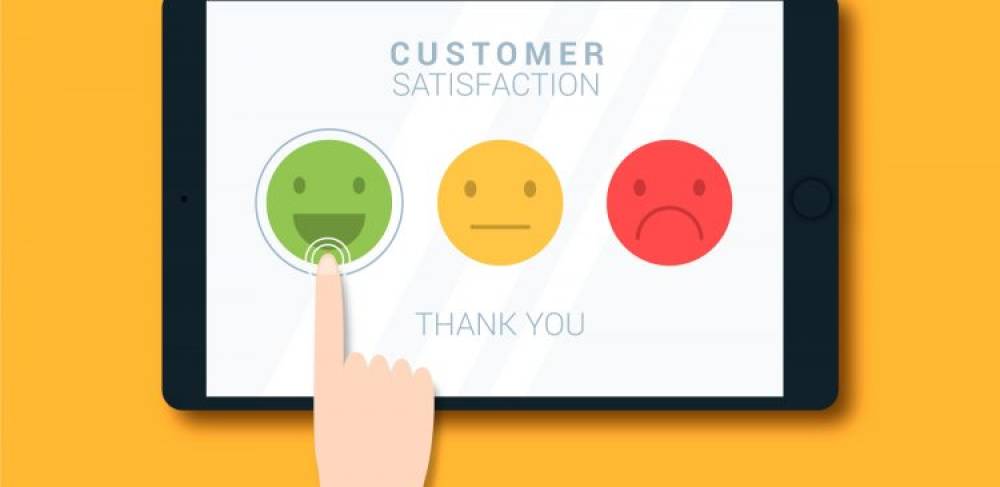Why gathering feedback for your software products is a good idea
Company and product
Introduction
Software development is a dynamic and ever-evolving field in today's fast-paced digital world. Whether you're building an app, a website, or enterprise software, one thing remains constant: the need for continuous improvement. Gathering feedback for software products is not just a good idea; it's an essential practice.
-
Identifying and Prioritizing Bugs and Issues
No software is ever bug-free, no matter how thorough your initial testing is. Gathering feedback from real users allows you to uncover issues that may have slipped through the cracks. These issues could range from minor annoyances to critical errors. By collecting and analyzing user feedback, you can prioritize and address these problems, improving the overall user experience.
-
Enhancing User Experience
User experience (UX) is a top priority for any software product. Feedback from your users provides valuable insights into their preferences, pain points, and expectations. With this information, you can make data-driven decisions to enhance the user interface, optimize workflows, and create a more enjoyable and efficient user experience.
-
Tailoring Features to User Needs
Software features should align with your target audience's actual needs and desires. Feedback from users can help you determine which features are essential, which are rarely used, and which could be improved. By customizing your software based on user input, you can create a product that better serves your audience, increasing user satisfaction and retention.
-
Competitive Advantage
Staying ahead of the competition is a constant challenge in the software industry. By actively seeking and implementing user feedback, you can maintain a competitive edge. This strategy demonstrates your commitment to improving your product and meeting user needs, which can lead to increased customer loyalty and market share.
-
Reducing Development Costs
In the long run, gathering feedback can save you money. Early detection of bugs and user issues means that you can address them before they become costly and time-consuming problems. By making incremental improvements based on user feedback, you avoid major overhauls and rework in the later stages of development.
-
Building Stronger User Relationships
Engaging with your users through feedback fosters a sense of community and loyalty. When users feel their opinions are valued and considered, they are more likely to become brand advocates. This can lead to positive word-of-mouth marketing and referrals, which are highly valuable for growing your user base.
-
Iterative Development
Incorporating feedback into your development process encourages an iterative approach. This means you can release updates and new features more frequently, keeping your software fresh and in line with changing user needs. An iterative development process allows for continuous improvement and adaptation to market trends.
-
Data-Driven Decision-Making
Gathering feedback provides you with real, user-driven data. This data can inform your development decisions, marketing strategies, and product roadmaps. When you can support your choices with concrete user feedback, you're better equipped to make informed decisions that drive your product's success.
Conclusion
In software development, the value of gathering feedback for your products cannot be overstated. It leads to bug detection, better user experiences, tailored features, a competitive edge, cost savings, stronger user relationships, iterative development, and data-driven decision-making. By actively seeking and listening to user feedback, you can ensure that your software continually evolves to meet the needs of your audience, resulting in a more successful and user-friendly product. So, make feedback collection a vital part of your software development process and watch your product flourish.
Written on
